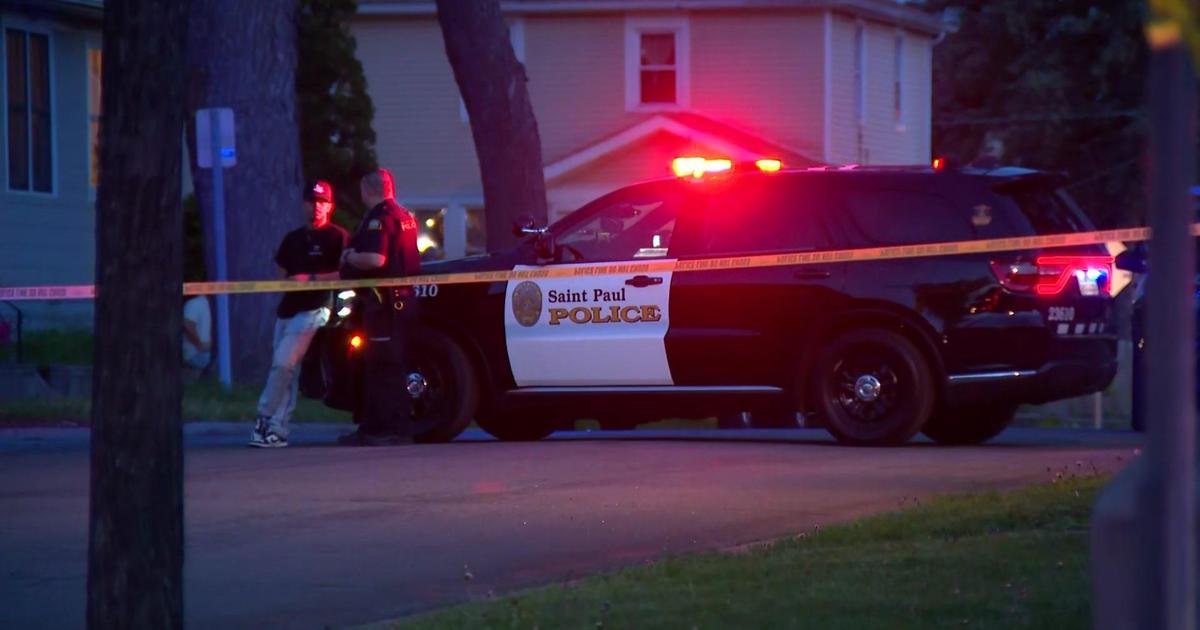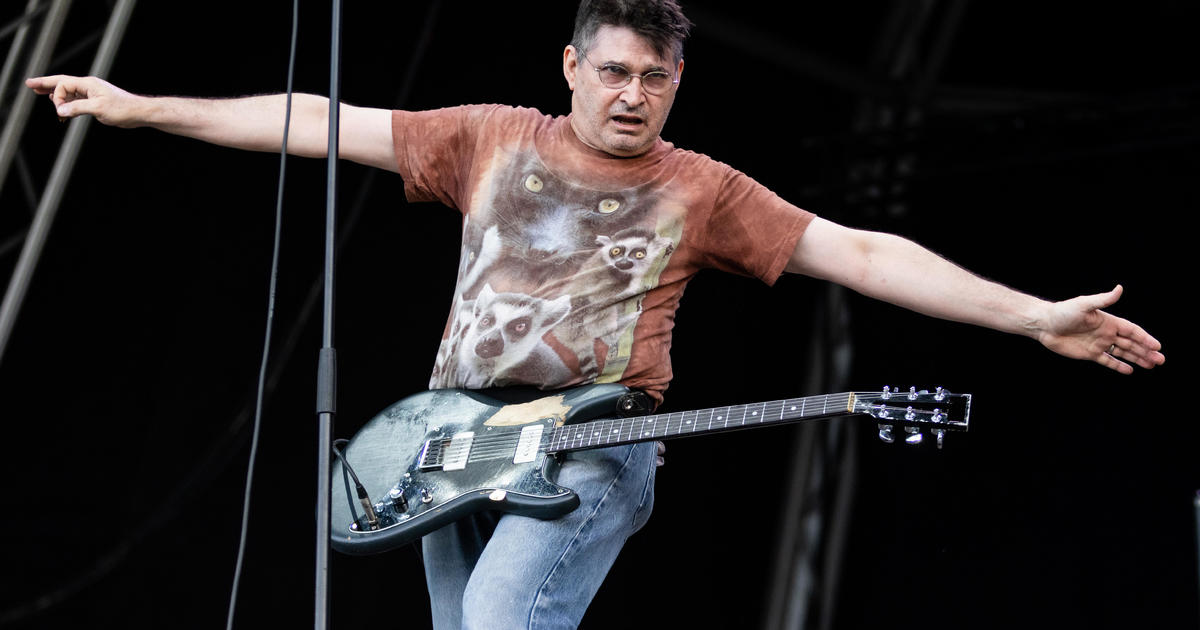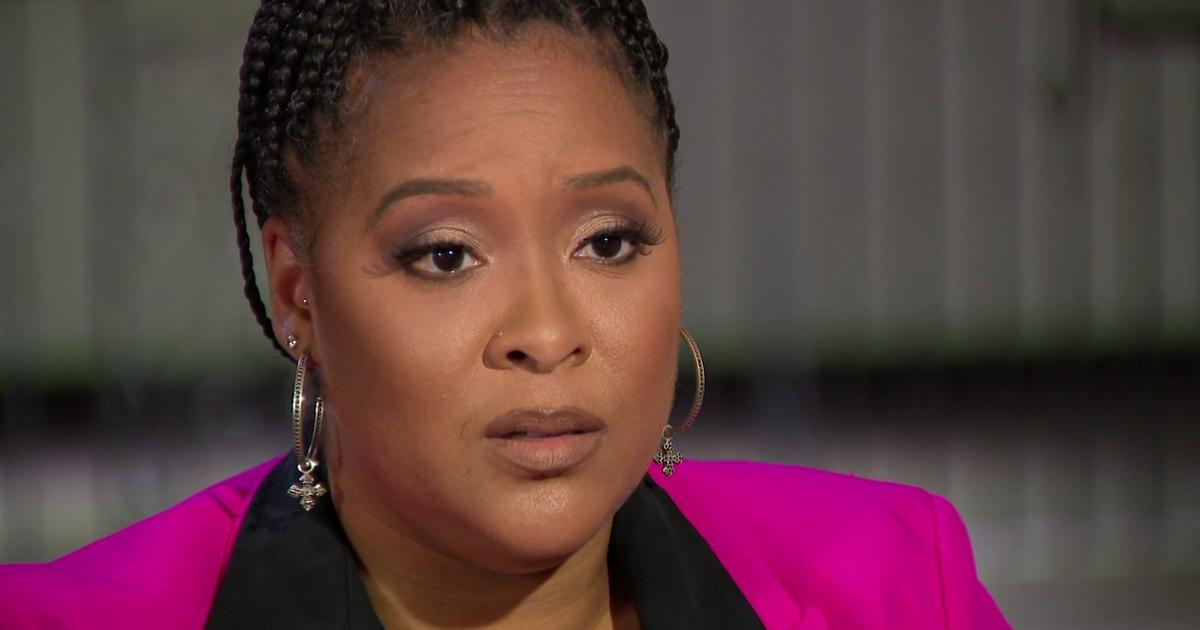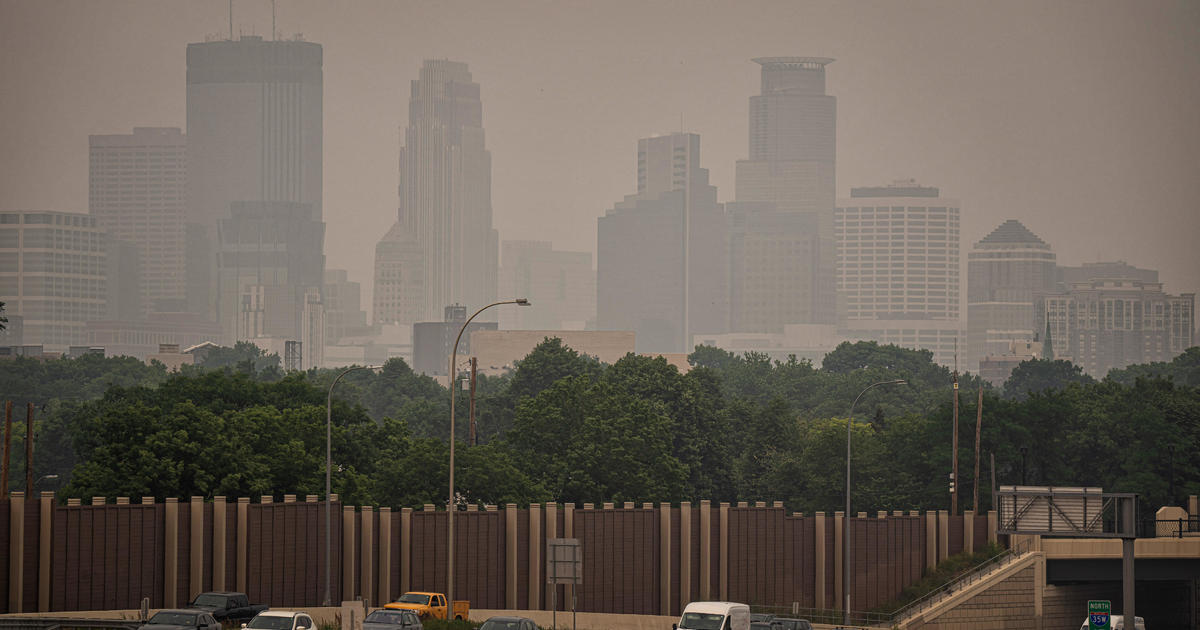Derek Chauvin Trial, Day 11 Live Updates: 14th Juror Seated, Court Still Seeking More Jurors For Backup
UPDATE (3:15 p.m.): Potential juror No. 123 was released after bringing up a family matter that may have impacted their ability to serve.
Court is in recess until 9 a.m. Tuesday. Before leaving for the day, Judge Peter Cahill told the attorneys 12 potential jurors will be called in Tuesday and the court will question all 12 no matter how long it takes.
UPDATE (2:45 p.m.): Potential juror No. 121 was excused before the judge called for a 20-minute break.
The defense pushed No. 121 hard about "very strong opinions" they had formed about the case.
Just before a sidebar, defense attorney Eric Nelson told No. 121 they were "looking for someone who can just be neutral ... and you're confident that you can do that?"
"Yes, I think so," No. 121 responded.
After the sidebar concluded, Judge Peter Cahill released the juror, though it was unclear if they were excused for cause or one of the parties used a peremptory strike.
UPDATE (2 p.m.): Judge Peter Cahill excused potential juror No. 120 for cause.
Cahill asked the potential juror if they were hoping for a specific verdict.
"I don't think I'm neutral on that," they said. "I would say guilty."
UPDATE (1:35 p.m.): Potential juror No. 119 was excused for cause by Judge Peter Cahill after telling the court they heard about the $27 million settlement between Minneapolis and George Floyd's family.
The potential juror said hearing about the settlement "sort of swayed my opinion" and that it would make being impartial difficult for them.
UPDATE (11:58 a.m.): Potential juror No. 118 will serve on the jury in the trial of Derek Chauvin. She is the 14th person to be seated on the jury panel. The court is still seeking at least one more juror for backup.
Juror No. 118 is a white woman in her 20s. She works as a social worker. In court, she reported that she had a "somewhat negative"/"neutral" view of Chauvin. She said she'd seen clips of George Floyd's arrest on the news.
When asked about police, she said that officers' jobs are important. She was against the push to defund the Minneapolis Police Department.
Earlier Monday, both the defense and the state used strikes against potential jurors. Both sides have strikes remaining.
Jury selection will continue Monday afternoon.
UPDATE (11:10 a.m.): Judge Peter Cahill excuses potential juror No. 117 from duty over language issues.
UPDATE (10:42 a.m.): The state uses a strike against potential juror No. 116 in the Derek Chauvin trial. The state has two strikes remaining.
The potential juror told the court that he works in warranty and service repair, is an avid fisherman, and doesn't follow the news. He did not know if he'd seen any video of George Floyd's arrest.
During questioning, the potential juror said he had negative view of Black Lives Matter and associated the movement/group with the riots in the Twin Cities. He reported an overall positive view of law enforcement.
No. 116 was the second potential juror struck Monday morning. The defense also used a strike against a potential juror who said she attended protests after Floyd's death.
The court is seeking to seat more jurors to be used as alternates. Over the last two weeks, 13 jurors have been seated.
UPDATE (9:53 a.m.): The defense used a strike against potential juror No. 115 in the Derek Chauvin trial. The defense has four strikes remaining.
The potential juror told the court that she had a "somewhat negative" view of Chauvin and attended protests following the death of George Floyd. She reported carrying a sign with a fist on it.
When asked about Floyd's death, she said that it was "not his time to go" and that the situation went "further than it needed to." She said she had a "very favorable" view of Black Lives Matter and a "very unfavorable" view of Blue Lives Matter.
Still, she said that should could give Chauvin the presumption of innocence and put her opinions aside during trial.
MINNEAPOLIS (WCCO) -- Jury selection is nearly complete in the trial of Derek Chauvin, the former Minneapolis police officer accused of murdering George Floyd. On Monday, the process will enter its third week. The court has already seated 13 jurors and is seeking more to be alternates.
Last week, Judge Peter Cahill told the court that he would like to add two more people to the jury panel. Jury selection will resume at 9 a.m. The court still has a week until open statements are slated to be given on March 29.
WATCH: View all of the Derek Chauvin trial on CBSN Minnesota
As it stands, the jury is fairly diverse. Five of the 13 seated are men, eight are women. Seven are white, four are Black and two identify as multi-racial. The ages of the jurors range from two people in their 20s to a grandmothers in her 60s.
Originally, the court's goal was to seat 12 jurors and two alternates for this trial. On Friday, the judge said that attorneys will work to pick a second and a third person who could serve as alternates.
Defense attorney Joe Tamburino, who is not affiliated with the case, told WCCO This Morning that he's not surprised that the court is seeking more alternates for such a high-profile case.
"You could look at it this way: With the cases that are coming up in August, with the other three people charged in relation to George Floyd's death, they're going to have four alternates in that trial, so I'm not surprised that the judge may want to bump it from two [alternates] to three," he said.
RELATED: Jury Selection In Derek Chauvin Trial Continues With Judge Seeking Additional Alternate
The job of an alternate is to replace a juror should they become unable to serve on the jury. This could be due to a juror becoming tainted by news coverage that makes them impartial, a personal emergency, or perhaps illness. The third factor is a particular concern amid the COVID-19 pandemic.
"If one of these jurors comes down with COVID, that's not a good thing," Tamburino said. "They are going to have to test everyone, and then they are going to use the alternates."
Alternates hear the entire case along with the rest of the jury. The alternates do not know they are alternates. It is only before deliberation that the judge informs them that their duty has been served.
According to Tamburino, the alternates generally feel a sense of disappointment when they are dismissed.
"Think of everything they've invested into it. They've gone through all the questioning and the trial, and right at the end they're released," he said. "With all of the experience I've had talking with alternates going through trials, it's usually a sense of disappointment."
TIMELINE: George Floyd's Death, Unrest In Minneapolis And The Derek Chauvin Case
Chauvin is charged with second-degree murder, third-degree murder and manslaughter in Floyd's death. Three other former Minneapolis police officers are charged with aiding and abetting; they are slated to stand trial later this summer.
Floyd, a Black man, died on May 25 after being arrested outside a south Minneapolis convenience store. Bystander video showed Chauvin, who is white, kneeling on Floyd's neck for several minutes as he lay prone, handcuffed and repeatedly saying he couldn't breathe.
The bystander video quickly went viral, sparking unrest in the Twin Cities and a national reckoning on racism and police brutality.
Chauvin has pleaded not guilty.



